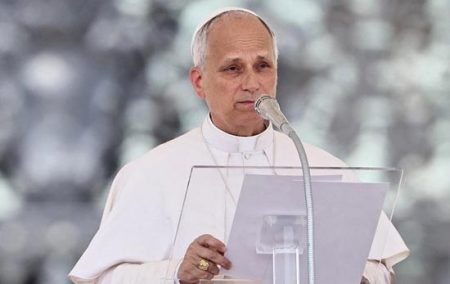Keeping the Faith: The Donkey

|
| Erica Bennett |
Matthew 21:1-11 As Jesus and the disciples approached Jerusalem, near the town of Bethphage on the Mount of Olives, Jesus sent two of them into the village ahead. Just as you enter,” he said, “you will see a donkey tied there, with its colt beside it. Untie them and bring them here. If anyone asks you what you are doing, just say. ‘The Master needs them,’ and there will be no trouble.”
This was done to fulfill the ancient prophecy: “Tell Jerusalem her King is coming to her, riding humbly on a donkey’s colt.” The human body requires just a few things to survive: water, minimal food, shelter from the elements. But we have been conditioned to think we need this, and we need that, to believe that more and bigger is always better. We want to be noticed, or raise our self-esteem, or feel powerful. So we wear our status on our sleeves to make sure everyone sees our prosperity.
But in fact “bigger
and better” is EGO. The Word plainly tells of that we must be in, but
not of, this world. We come into this world naked and owning nothing,
and that is how we will leave it, too.
Christ
was born in a barn with the animals. He rode into Jerusalem on a
donkey. He wore simple clothes, and ate for survival, not to feast at a
banquet. He had no home of his own. He trusted that every need would be
met. He was a humble man; today he would be called a minimalist.
Christ
did not desire to impress others or persuade or influence them by his
status. He lived what he spoke of so that the simplest man could
understand that it cost nothing to be like him. For many, following Him
meant giving up everything physical.
Deuteronomy
12:1 tells us there are laws we must obey when we arrive in the land
that God has given his faithful. We are taught that whatever our
blessing is, we should share it. We are to bring our tithes of grain,
new wine, olive oil, the firstborn of flocks and herds.
Though
today most tithing is in cash, tithing is not just about money: it’s
about taking responsibility as a follower of Christ and doing what is
required of us as Christians — putting God first. What matters is not
how much is given or what, but that the first tithe is to God. Every
third year we are to tithe to local welfare programs, foreigners,
widows and orphans, so that they can eat and be satisfied, but it’s
very clear that what we do first shows what we value most, so when we
get paid or grow our crops or make our meals, we should take out
Christ’s portion FIRST.
Just
giving is not enough — we must be good stewards of what we have been
given. The question we should all ask in the face of a blessing is,
what is required of me now? How can I use my blessings to make a
difference?
Step
back and take inventory. Are we working as hard as we can to help those
around us? What is our motivation — is this just for me or for the
uplifting of God’s Kingdom? Do we see need and not address it, because
it’s not our problem? Do we take our tithes and our blessings and
invest them back into ourselves?
There
are too many hurting people, neighbors; there are too many sick people,
some right in our own circles; too many forgotten single moms with
hungry children right at our back doors, too many struggling alone and
afraid — yet we build bigger churches, pay higher salaries, follow the
world in its quest for bigger, better, more.
God does
not expect us to give more than we can, but we are expected to give in
proportion to what we have been given. If we all give together and if
we all take responsibility for those less fortunate we will be doing
the work of true Christians.
I pray that you are blessed and that you stay close enough to God that you hear and obey his word.







